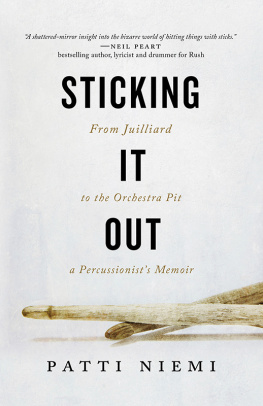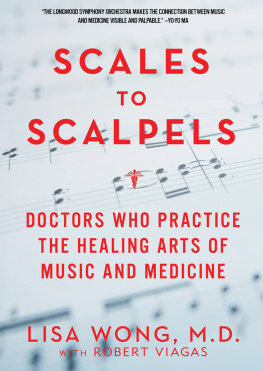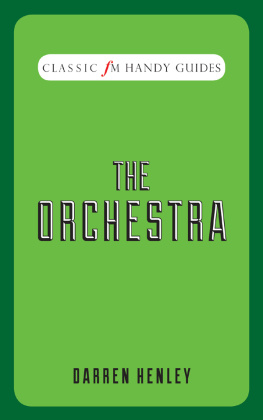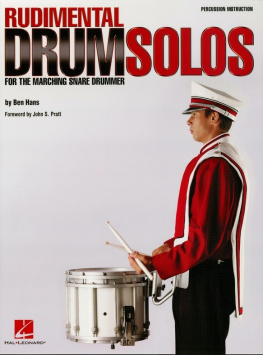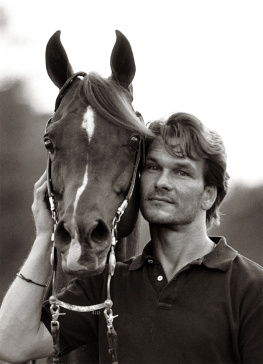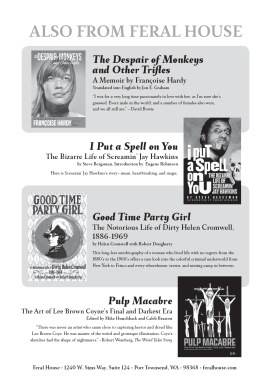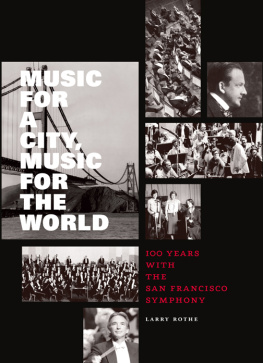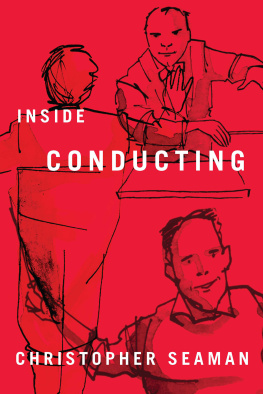Few parents would fall to their knees and pray that their daughter becomes a drummer. They might hope for a violinist or flute player, but its the rare parent who secretly longs for a girl who beats on drums. If a ten-year-old drops this bomb as a career path, its a safe bet that it is her dream.
What was desirable for my parents, however, was having a kid with a goal. We all want that a passion, a path, a destination so clear that it makes getting up in the morning easy. My goal was to play percussion in an orchestra. That focus provided a pleasure that eased the dread of crawling out of bed to get to rehearsal before school, which in upstate New York meant it was still dark outside and below freezing. It made practicing after school easy even though that meant forgoing TV with in those days all four of its channels.
I started along this path on one of those bitter March mornings. Instrument lessons were still part of the public school curriculum in 1975, and my class was marched to the auditorium for a music aptitude test. Afterward, I waited for the letter to arrive that would tell my parents that my scores had averaged above the 65th percentile and I should be encouraged to begin learning a musical instrument. The letter never arrived.
Somehow, however, I had determined that there was no better way to stand out than to engage in sanctioned banging, and I was undeterred. We lined up to hand the band director our forms girl after girl choosing flute, boy after boy choosing drums and when the director saw that Id specified drums, he told me I had chosen well. It turned out that the aptitude test had been divided into two parts, rhythm and melody. Id scored in the 99th percentile for rhythm and the first percentile for melody. You probably just misunderstood the instructions for the melody part, the band director said kindly. I had not. The test results were a sign that I had chosen the correct instrument.
That was only the beginning. What started as a 30-minute group lesson once a week quickly blossomed: private lessons, band, school orchestra, community youth orchestra, solo competitions, summer music camp, classes for music history and theory, recitals, concerts, practicing, and more practicing. I had to have parents who would pay for all of it and tolerate the endless banging coming from my room.
Most important, I had to want it. Gratification winning an audition to play in an orchestra would be long delayed, if it came at all. I understood by the time I was in high school that I could practice for years and still not get a job because there were too many of us who wanted to play in orchestras and too few orchestras for us to play in. I had to be willing to go through the audition process show up with 70 or 80 of my peers for one job opening and take my turn behind a screen for five terrifying minutes of playing, while a committee of musicians sat on the other side of the screen, judging me.
By the time I finished high school, I had been pursuing my goal for eight years. It was time to go to a conservatory. I wanted to be in a big city, surrounded by classical music; I needed good teachers and good colleagues. I found all of that at a school whose storied name even non-musicians would recognize.
Now the real competition would begin.
For those of us who began in the fall of 1983, our formal introduction to Juilliard took place in the schools recital hall on a soggy September morning. Onstage was acting president Gideon Waldrop, standing in for last years president, Peter Mennin, who had recently dropped dead. This, to paraphrase, was our orientation:
Whether its playing music, acting, or dancing, you are what you do. We dont care about your private life. Make the school look good.
Welcome to Juilliard. Now go practice.
And practice I did relentlessly, persistently. Quantity mattered; there was no time to waste. For all the practicing I would do over the years, I never went at it as desperately as I did those first few weeks at Juilliard.
It would be reasonable to guess that getting accepted to Juilliard might make me relax for a while. I could walk the hallowed halls with their orange wallpaper and think, Im attending the most famous music school in the world. This is where I will learn how to win an audition. Reasonable, but wrong. My thoughts were about math: there were about 50 orchestras in the country in which one could earn a living, three or four percussionists per orchestra, and, at any given audition, about 75 others like me who would show up for one opening. I waited with my fellow vultures around the country for death or retirement to make room for us.
The truth was, most of the students Id been sitting with at orientation would not get jobs in music. We were beginning a long, winnowing process those who ran out of time, money, stamina, or courage would fall by the roadside. This knowledge filled me with a creeping dread. I was a walking piece of anxiety-filled meat, and the only offensive against that fear was to practice.
So I practiced. Unlike music itself, there was no romance here learning to play an instrument was the point at which art collided with sport. You had to be comfortable with solitary confinement and endless, mind-numbing repetition. Imagine an uninitiated apartment dweller hearing that a violinist is moving in next door. He might be expecting beautiful music to accompany lifes mundane activities, maybe a nice Bach sonata while washing the dishes. What hell get instead is scales, three octaves up and three back down, major then minor, slowly, and then arpeggios, followed by some technical tudes. Just about the time the neighbor is ready to open the window and leap to his death, the musician might finally begin learning one of those beautiful Bach sonatas, excruciatingly slowly, with missteps for weeks before it becomes a polished product. Next day, start again with the scales.
Finding a place to practice was a sport all its own. There were 20 other drummers crowding the halls with me that fall too many for the number of available jobs or practice rooms. We had only two studios dedicated to us: big windowless rooms anchoring each end of our hallway and filled with the odd tools of a percussionists trade: xylophones, timpani, marimbas, bells, chimes, snare drums, tom-toms, music stands. There was nothing on the white walls no pictures or posters, no diplomas or artwork, no distractions. We could sign up for only six hours a week in these rooms. Six hours a day wouldnt have been enough, so I sought out every empty hollow that squat little building had to offer. I took a tambourine up to the roof and practiced while watching a man run laps on the roof of the Chinese embassy across 66th Street. When the artificial light took over from the sun, I could see Broadway slice the crosstown streets, one blazing X after another. There were four floors of basement, so I took the elevator down with my snare drum and camped out in whatever cinder-block corridor happened to be deserted. Sometimes three or four of us would practice in the hallway in front of our studios, standing ten feet apart and trying to ignore each other.
Except for eight a.m., there were very few times when I got to school and stepped off the elevator on the third floor and didnt hear practicing going on. I would return from picking up some dinner, and by the time I came around the corner and passed the harp studio, I could hear xylophone or timpani or tambourine in the hallway. I knew it wasnt the same person practicing all the time, but it didnt matter it was a reminder that someone was practicing and I wasnt. If I went for lunch or dinner, someone was still upstairs practicing. If I went to class, if I went to the bathroom, if I spent five minutes trying to clean up my locker, someone else was spending that time practicing.

